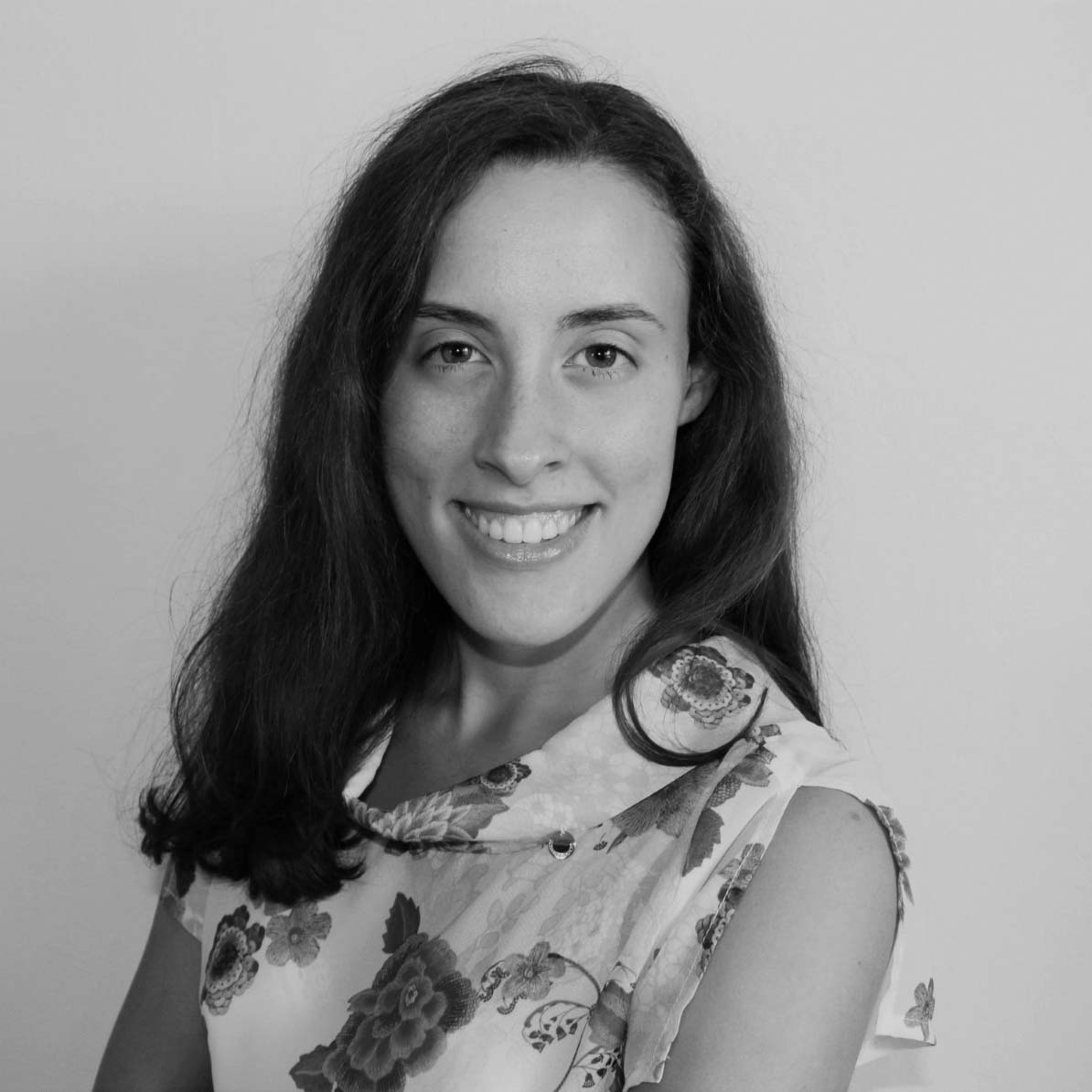

What does resilient adult education look like? Flexibility is the key, experts believe. Teachers need to be creative and supportive to boost their student’s confidence. Photo: Shutterstock
What does resilient adult education look like? Flexibility is the key, experts believe. Teachers need to be creative and supportive to boost their student’s confidence. Photo: Shutterstock
Coming out of the pandemic, adult education needs to find ways to transition forward in a way that is democratic and accessible. Resilient adult education leaves no-one behind.
No pens falling off the tables, no joyful chattering or hands being raised to the sky to ask questions. Over the past two years, the images of empty classrooms have been filling magazines covers and TV news reports.
But if adapting educational standards to the pandemic was challenging, now the system of adult education is trying to transition to hybrid learning.
“However, this is harder than what one might expect,” says Dr Christine Bertram, Project Coordinator for the Electronic Platform for Adult Learning in Europe (EPALE) in Germany.
“The pandemic made us realise how unequal this environment can be, from the digital gap that has made it almost impossible to continue teaching online in some countries, to disadvantaged students who often don’t have the same access to education,” adds Gina Ebner, Secretary-General at EAEA, the European Association for the Education of Adults.
The best way to respond to the crisis is by turning to our human side.
Although the scenario changes from place to place, it is clear that first-time mature students and lowly qualified adults such as some migrants and early school leavers have particularly suffered.
The financial crisis that Europe is facing led to an increase in taxes and costs so, for socially and economically disadvantaged people, education has become less accessible. In fact, a recent study by the EAEA has shown that in Germany the financial crisis caused by the pandemic has led to a 20% increase in taxes for participants at adult learning centres.
Non-formal learning is still at the margins
Teachers in adult education too were negatively impacted.
“Those who were in a precarious place before the pandemic found themselves in even more serious situations. This is the case for many individual trainers and people on zero-hour contracts in Germany, who have gone out of business and the government couldn’t always help them,” explains Dr Bertram.
Christine Bertram

- Project Coordinator of EPALE Germany.
- Holds a PhD in Social Policy from the University of Stirling and has over 10 years experience as a social policy researcher on topics including education systems, welfare-to-work and vocational education.
“Now the environment has changed,” she continues, “so resilience means negotiating this transition, without leaving people behind.”
But how to do that when governments’ priorities are mainly focused on the sanitary and economic crisis? The answer is simple and complex at the same time, Ebner believes.
“We need to think about lifelong learning as a system, which is interconnected with many other fields, and non-formal education can be a great solution, especially because it provides opportunities for those who might not have had adequate access earlier in their lives,” she says.
Non-traditional learning projects take place outside classes or schools, and rather in community settings like sports clubs, libraries or swimming pools where many people might feel more at ease.
I believe that adult education plays a pivotal role in our society, but people don’t realise it.
The idea is that, by working on a particular activity, people can learn useful skills or even acquire complex knowledge like cookery, to understand ratios and proportions.
“It has great potential because it helps develop critical thinking and citizenship conscience,” explains Ebner.
In fact, these projects focus on what individuals really need to learn, from digital to social skills, but they also raise awareness about health and are strongly connected to the community, thus promoting social inclusion.
Gina Ebner

- Secretary General of the European Association for the Education of Adults (EAEA).
- Worked as a language trainer in adult education and as a pedagogical manager for a vocational training institute in Austria.
- Was also president of the Lifelong Learning Platform.
“The real problem is that non-formal learning is still at the margins of the education sector in Europe, as most projects are understandably work-oriented, because they aim at helping people to find a job and get the necessary certifications for their career,” adds Bertram.
Creating opportunities to engage in the community
So is the future of adult education going to be merely classes for people who have dropped out of school at a young age and need a diploma for their next job?
Larissa Jõgi, a professor at Tallinn University and member of the European Society for Research on the Education of Adults (ESREA) does not think so.
“I believe that adult education plays a pivotal role in our society, but people don’t realise it. One of the most alarming consequences of the Covid-19 pandemic is the division that it brought in our communities, with people being locked in their houses and feeling more and more disconnected from others,” says Professor Jõgi.
She thinks that education providers can solve this problem by creating opportunities for learners to meet and be engaged in community projects. “The landscape of lifelong learning has surely changed in the past two years, but leaders need to recognise the value of our work and put adult educators at the front of social changes.”
To do this, support from local and national authorities is fundamental, but the three experts believe that this is not sufficient.
“It’s not just a matter of funding, which of course is always helpful. Adult education needs recognition from policy-makers: only if leaders understand our potential can they support projects where adults learn not only information, but also skills, and feel more connected to the community as a whole,” explains Jõgi.
Larissa Jõgi

- An associate professor in the School of Educational Sciences at Tallinn University.
- Academic coordinator of two master programmes: Adult Education and ERASMUS MUNDUS international master programme Adult Education for Social Changes.
- Member of the European Society for Research on the Education of Adults (ESREA) and one of the co-convener of the ESREA Network on Adult Educators, Trainers, and their Professional Development.
What adult education providers in Europe need in the first place is investment in a digitalisation that is more accessible and equal for everybody.
“As we have seen during the lockdown, the digital gap between people of different ages and social groups has dramatically increased, so only if we give disadvantaged people access to technological devices can we hope to build a more democratic system,” says Ebner.
And if governmental support is essential but not sufficient, the experts say that collaboration between bodies and organisations could be the solution to ensure classes and lessons that not only convey knowledge and information, but also skills, expertise and know-how.
“Flexibility is the key to the future in general and for lifelong learning in particular,” says Jõgi. “The best way to respond to the crisis is by turning to our human side: teachers need to be creative and supportive to boost their student’s confidence.”
“This is what I think resilience means today in the sector of adult education. Finding the right balance between traditional and non-formal teaching could be our secret weapon,” concludes Jõgi.
Author







